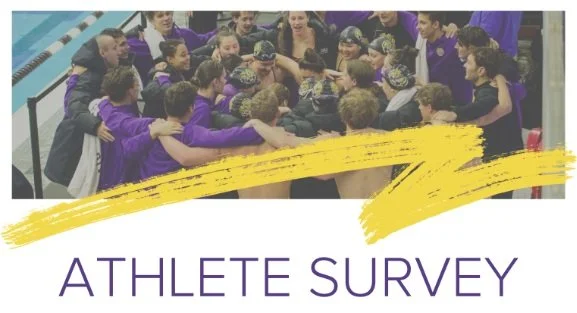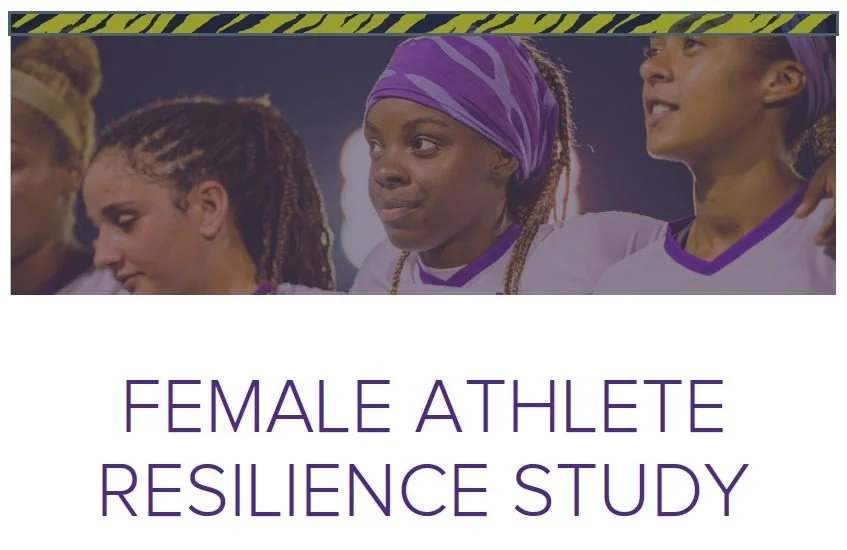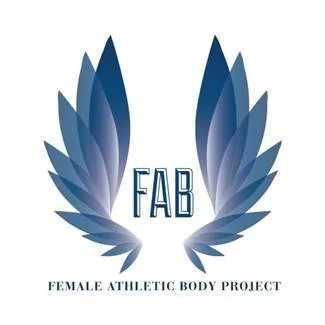Available Athlete Research
-
![]()
Athlete Transition Study: Use of Qualitative Focus Groups
This study further investigates collegiate athlete needs when transitioning out of sport through qualitative focus groups. Help researchers learn from your experience. Must be 18 or older and be within 2-years before planning to leave sport or 5-years after sport. Compensation is available.
-
![]()
Physical & Mental Resilience in Female Athletes: A Pilot Study
This study aims to investigate mental, physical, hormonal and immune resilience factors in female athletes. The aim is to evaluate the impacts that chronic exposure to academic and competitive stressor has on biomarkers of physical resilience and immune reserves. Compensation available.
-
![]()
Athlete Survey Study: Transitioning Out of Collegiate Sport
This study investigates various physical and mental health needs of collegiate athletes and how they differ in and out of sport. Researchers aim to identify facets of support that athletes may need when transitioning out of sport. PASSWORD: SCORE
-
![]()
Qualitative Research Assessment of Female Athlete Resilience
This study is focused on exploring female athletes’ understanding of and experiences with resilience. This study provides an in-depth, qualitative examination of risk and protective factors of resilience as part of a larger longitudinal study. Compensation available.
-
Assessment of Female Athlete Resilience: Modifiable Risk Factors
This collaborative study with LSU Athletics, Harvard, Boston’s Children’s, & Boston Ballet identifies components of psychological resilience among female athletes by testing the degree to which psychological resilience predicts increased depression, anxiety, eating disorder pathology, substance use & psychosocial stress.
-
![]()
Prevention of Eating Disorders: The Female Athlete Body Project
The FAB program targets behavior modifications to improve nutrition, fitness, and body image in an effort to prevent the Female Athlete Triad (lost menses, osteoporosis, low energy availability), updated to include additional factors known as Relative Energy Deficiency in Sport (REDS).





